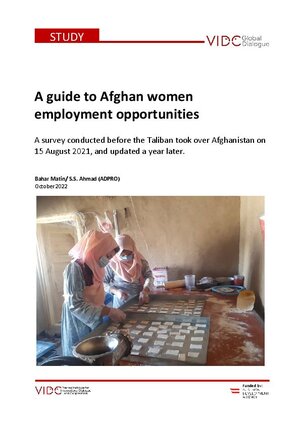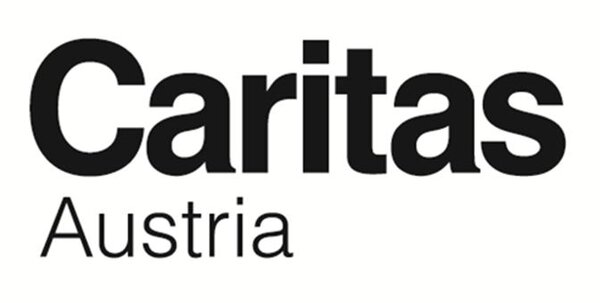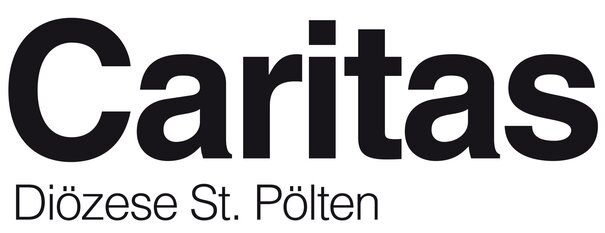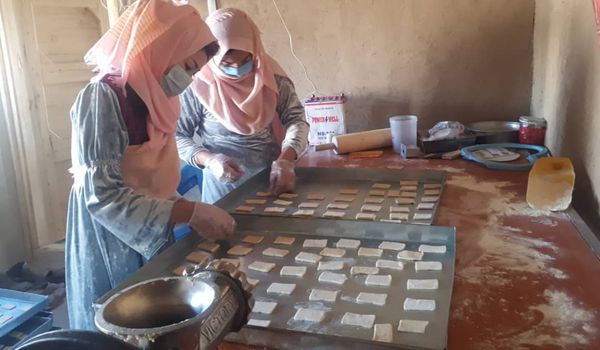During the first half of 2021, VIDC conducted research in Afghanistan to identify 20 women-led businesses across ten provinces in Afghanistan. Briefs about these businesses were compiled in a brochure just before the Taliban takeover in August 2021. To protect the identity and safety of these women-run businesses under the new de-facto rulers, VIDC delayed the publication of the brochure as well as any information that could pose risks to the business owners and their employees.
Several months after the regime change in Afghanistan, VIDC commissioned Afghanistan Development and Peace Research Organization (ADPRO) to investigate two key questions pertaining to these women-owned businesses: firstly, how many of the original batch of 20 women-led businesses are still active after the Taliban takeover and what has been the impact of regime shock on their businesses? Secondly, VIDC sought permission publish its brochure, either anonymously or under the real names of each business owner. Between May and June 2022, ADPRO’s researcher attempted to reach out to each of those included in the original sample of 20 women-owned businesses through social media and phone numbers available in the brochure. ADPRO’s research managed to successfully reach only 12.
Innovative employment opportunities for women

The Good Practice Guide offers practical help to the various stakeholders in developing vocational training programs to encourage innovative forms of employment for women in Afghanistan. The guide highlights 12 examples of innovative employment opportunities for uneducated or less educated Afghan women in Afghanistan. The projects presented serve as examples for Afghan women who are refugees in neighboring countries, such as Pakistan, and face similar challenges related to gender roles and norms in their communities.
This research is based on stories from 12 businesswomen working in ten different provinces across Afghanistan. The research had initially planned to cover 20 provinces. However due to the Covid-19 pandemic and the deteriorating security situation, it remained limited to ten provinces. The research extensively focuses on cultural and social diversity of the interviewees instead. Upon the selection of the interviewees (based on different cultural and social background, as well as to cover remote areas and diverse regions) and collection of basic information about them, a set of incorporated questions was developed.
The questions tried to find answers to: (1) challenges the businesswomen faced, (2) the incentive they received, (3) the problems they confronted when starting their own business, (4) the organizational structure in their organization, (5) type of production, source of funding, and (6) their need to further enhance their work. Businesswomen with outstanding stories were interviewed in ten provinces: Balkh and Kunduz in the north, Bamyan, Daikundi, in central highlands, Helmand and Kandahar, in the south, Hirat and Nimroz in the west, Nangarhar in the east and Kabul, the capital. The interviews were conducted on the phone due Covid-19 restrictions. In some provinces, several interviews were conducted to document activities taking place in different regions of one province.
Dard Kush
The Study is conducted under the project “’Dard Kush’ II - Strengthening Livelihoods of Afghan Refugees and Pakistani Host Communities (with specific focus on women)”. This project is implemented by FACES Pakistan in Lahore, together with Caritas Austria and Caritas St. Pölten, in partnership with VIDC and funded by the Austrian Development Agency (ADA).




